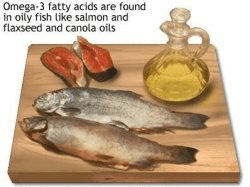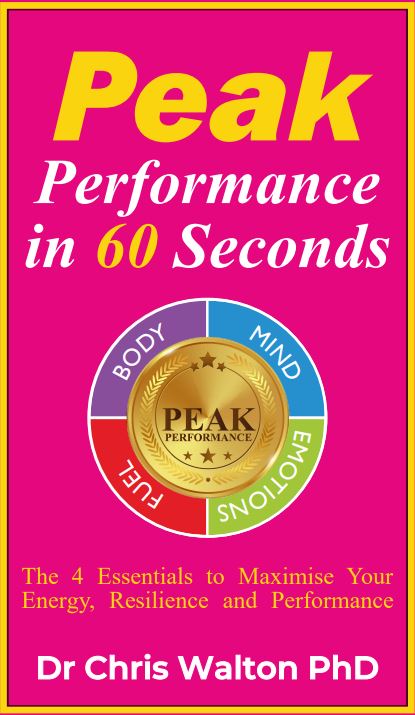Essential Fatty Acids (EFAs)
Essential Fatty Acids (EFAs) are necessary fats that humans cannot synthesise, and therefore they must be obtained through your diet in order for the body to function properly.
There are two families of EFAs: Omega-3 and Omega-6. Omega-9 is necessary yet “non-essential” because the body can manufacture a modest amount on its own, provided essential EFAs are present. Without EFA’s in your diet, you could not think, see, hear, reproduce, run or even move a muscle.
Omega-3 and Omega-6 EFA’s are the raw materials used to make all the special fats in the structure of your brain, eyes, ears, testes, ovaries, adrenals and the membranes that surround and protect every cell in your body. EFAs support the cardiovascular, reproductive, immune, and nervous systems.
The human body needs EFAs to manufacture and repair cell membranes, enabling the cells to obtain optimum nutrition and expel harmful waste products. A primary function of EFAs is the production of chemicals called prostaglandins, which regulate body functions such as heart rate, blood pressure, blood clotting, fertility, conception, and play a role in immune function by regulating inflammation and encouraging the body to fight infection.
Essential Fatty Acids are also needed for proper growth in children, and are essential for optimal brain function; mental alertness and memory!
The ideal ratio of omega 6 and omega 3 is about 2:1. Unfortunately today’s Western diet has more like a ratio of 15:1. Our consumption of omega 3 rich fish and grass fed beef has declined; while our consumption of foods made with ingredients containing high levels of omega 6 has increased.
Omega-3 deficiencies are linked to decreased memory and mental abilities, tingling sensation of the nerves, poor vision, increased tendency to form blood clots, diminished immune function, high blood pressure, irregular heartbeat, learning disorders, menopausal discomfort, and growth retardation in infants, children, and pregnant women.
Omega-3 EFA’s are found in the body oils of cold-water ocean fish like cod, mackerel, halibut, herring and tuna. Other sources include flax seeds, pumpkin seeds, walnuts, and dark green veggies, such as kale, collards, chard, parsley, and cereal grasses (wheat & barley grasses), are also good sources.
It’s easy to find foods high in Omega-6 in our Western diet; Cooking Oils, egg yolks, meats, all manner of processed foods, seeds and nuts, and the oils extracted from them.
Supplementing with Omega 3’s is a good idea. I have coached many people who have transformed their mental alertness and memory just from increasing their Omega 3 intake to about 3 grams per day.
.
Get FREE Access to the Gamma Mindset Masterclass
Program New Positive Beliefs into Your Subconscious Mind in just 90 Seconds !
Switch Your Stress Response Off and Eliminate Fear, Self-Doubt, Anxiety etc
Find Solutions to Your Problems and Get Clarity and Insight on What is Best for You.
Just enter your details below and you can get started right now...



